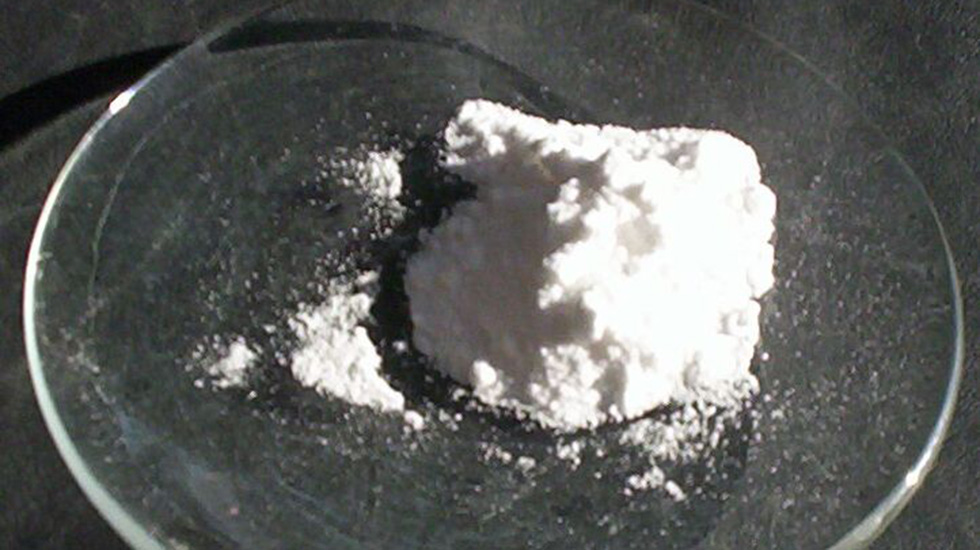COMPULSIVE DESIRES: ON LITHIUM EXTRACTION AND REBELLIOUS MOUNTAINS

A few months ago, the first European lithium refinery opened in Bitterfeld-Wolfen. In her lecture, architect and scientist Marina Otero Verzier explores the social, mental and ecological consequences of lithium mining. Lithium plays a role both as a raw material for the so-called green energy transition and as a mood stabilizer. It is used in the batteries of phones, computers and electric vehicles as well as in the treatment of exhaustion, mania and depression. Lithium keeps machines running, working bodies productive and thus the capitalist dream of endless growth alive. The mining of lithium tears wounds into the landscape. For example in Covas do Barroso in the north of Portugal: since 2016, projects to mine the coveted raw material have been underway in the region with its biodiversity and centuries-old culture. The deposit in the region is considered to be one of the largest in Europe. However, the people affected are excluded from the decision-making processes during extraction. Their social and environmental rights are being curtailed in the name of sustainability; the profits from the extraction end up elsewhere. But the residents of Covas are fighting back. They know that lithium mines have a long-term impact on the quality of the air, water and soil. Their resistance follows that in Argentina, Bolivia, Chile, the Czech Republic, the Democratic Republic of Congo, Spain and other regions. Their resistance transforms violence into a force for survival and a longing for life, putting a temporary stop to the compulsive desires of capitalism.
By and with: Marina Otero Verzier
In cooperation with the Bauhaus Dessau Foundation. The program is part of the Bauhaus Study Rooms.

